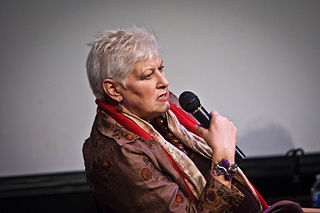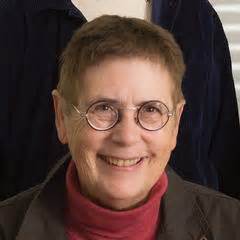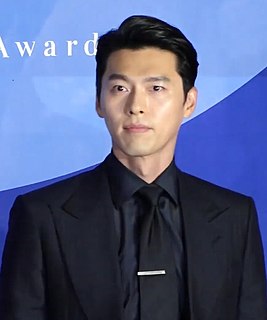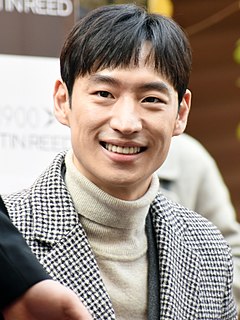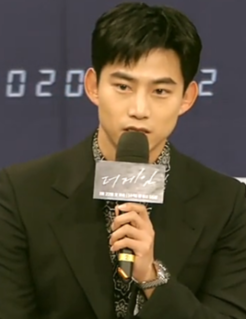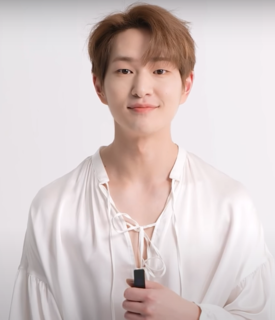A Quote by Kim Hyesoon
Women are foils to men. It is hard for women to take a lead role even in NGOs for political resistance.
Related Quotes
In Stage I, divorces were not allowed, so men's [sexual] affairs did not put women's economic security in jeopardy; in Stage II, affairs could lead to divorce, so men's affairs did place women's economic security in jeopardy. We did not want political leaders who would be role models for behavior that would put women's economic security in jeopardy.
I have a theory about American men -- I think they think women are boys who don't know how to throw a ball very well. American women are forced into the role of being men without penises, of being men who haven't quite been able to make it. If women don't want to be pussycats, then they get forced into the role of being almost as good as men. Which is lousy.
I wish you would stop and seriously consider, as a broad and long-term feminist political strategy, the conversion of women to a woman-identified and woman-directed sexuality and eroticism, as a way of breaking the grip of men on women's minds and women's bodies, of removing women from the chronic attachment to the primary situations of sexual and physical violence that is rained upon women by men, and as a way of promoting women's firm and reliable bonding against oppression. . . .
The most obvious ones inspiring me are probably women in political life. There are also many women in artistic endeavors, but if they're painters, you don't necessarily see them, or if they're actors, you see the role they're playing. In political life, you see women of enormous courage and smarts and humor, and that releases the talent, especially in little girls who are watching.
I saw some women had written that the cloning of Dolly was wonderful since it showed that women could have children without men. They didn?t even understand that this was the ultimate ownership of women?of embryos, of eggs, of bodies?by a few men with capital and control techniques, that it wasn?t freedom from men but total control by men.
I have always felt that perhaps women have sometimes almost embraced the same values as men, and the same character as men, because they are in the men's world, and they are trying to fit into a system that men have created. And maybe in truth when there is a critical mass of women who play that role in governments, then we will see whether women can really manage power in a way that is less destructive than the way that men have used power.




